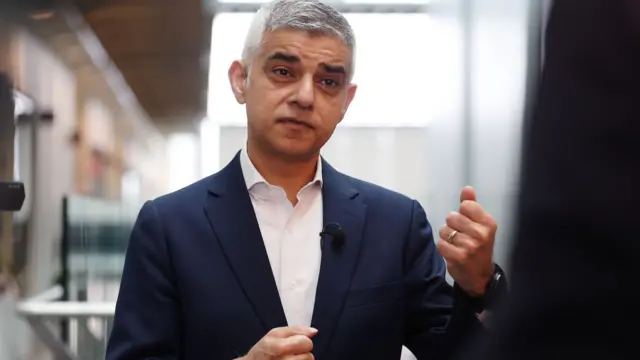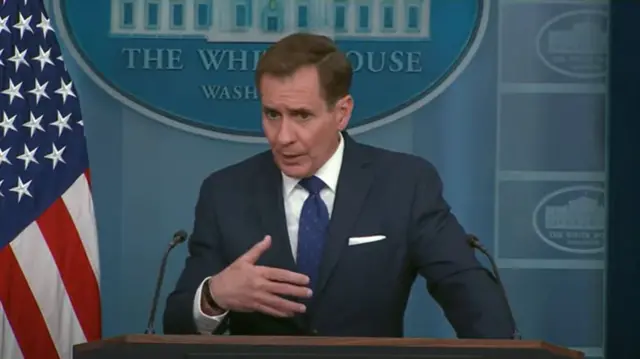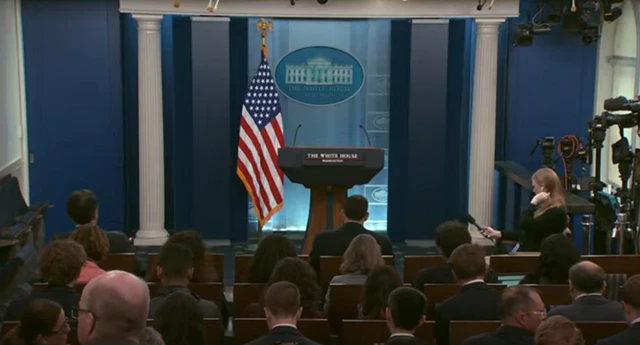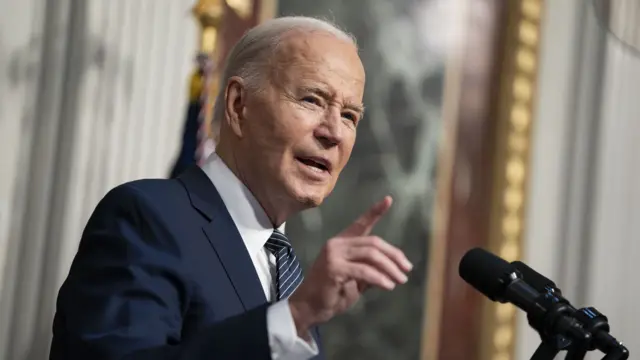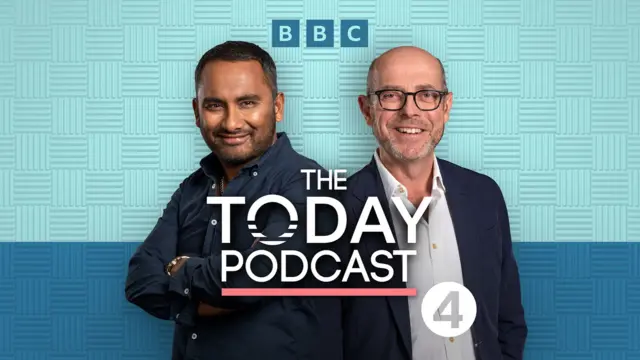US gives Israel 'hours and days' to change Gaza approachpublished at 22:50 BST 4 April 2024
 Sam Hancock
Sam Hancock
Live reporter
We're going to bring our live coverage of the war in Gaza to an end for today, thanks for following along. Just before then, here's a short summary of the day's key developments:
- In a phone call with Israeli PM Benjamin Netanyahu, US President Joe Biden said the US's policy on Gaza would hinge on Israel addressing the suffering of civilians and safety of aid workers there
- White House spokesman John Kirby said the US wants to see Israel announce changes to its approach to make the situation in Gaza "better for Palestinian people" in the "coming hours and days"
- Biden also told Netanyahu that strikes on humanitarian workers were "unacceptable", as was the overall humanitarian situation there
- The Israeli body that coordinates aid getting into Gaza says an independent investigation into a strike on charity vehicles, which killed seven aid workers, is being carried out
- Meanwhile, the parents of Jacob Flickinger - one of those workers - told the BBC they believe the convoy was "chased down" and they reject Israel's account of the incident as a "mistake"
- The BBC's Gaza correspondent Rushdi Abualouf reported that no aid has reached the north of the Strip since the attack and residents are living in tragic, near-famine conditions
 Image source, .
Image source, .This page was written by Thomas Mackintosh, Ece Goksedef, Alex Smith, Joe McFaddon, Ali Abbas Ahmadi, Yaroslav Lukov, Jacqueline Howard, Ben Hatton and Brandon Livesay. It was edited by James Harness, Aoife Walsh, Sophie Abdulla, Marita Moloney, Robert Plummer and me.



